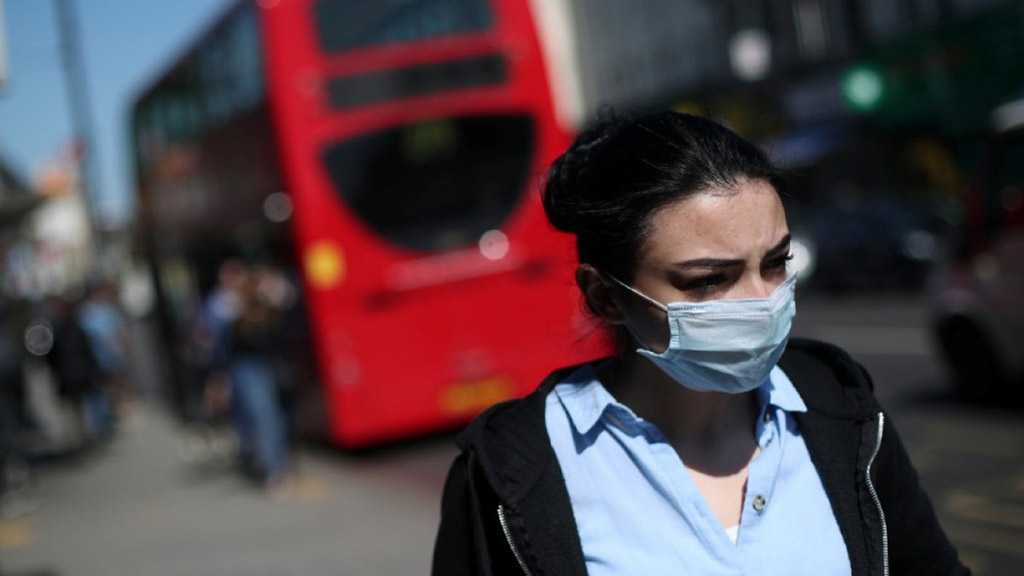UK Coronavirus Testing Plan to Trace Formerly Infected Not Based on Evidence - WHO

By Staff, Agencies
The United Kingdom's approach to coronavirus testing has shifted drastically from allowing the virus to spread largely unrestricted, in direct conflict with international guidelines, to pursuing mass testing of the population for antibodies supposedly present in those who have previously had the disease.
The World Health Organization [WHO] criticized the UK's coronavirus antibody testing initiative which aims to identify those who have previously carried the virus in order to trace who in the population has already been infected.
At a press conference on Friday, WHO representatives said there is zero evidence to support the claim that recovered coronavirus patients or carriers of the disease who do not show symptoms have developed antibodies to the virus in their blood which would lead to immunity.
"There are a lot of countries that are suggesting using rapid diagnostic serological tests to be able to capture what they think will be a measure of immunity", said the WHO's head of emerging diseases and zoonosis unit, Maria van Kerkhove in Geneva.
"Right now, we have no evidence that the use of a serological test can show that an individual has immunity or is protected from reinfection".
"These antibody tests will be able to measure that level of seroprevalence - that level of antibodies but that does not mean that somebody with antibodies means that they are immune", she continued.
Kerkhove described attempts by countries expanding testing as "a good thing" but warned that they must be validated so they are in fact measuring accurately what they intended to measure.
Comments
- Related News




